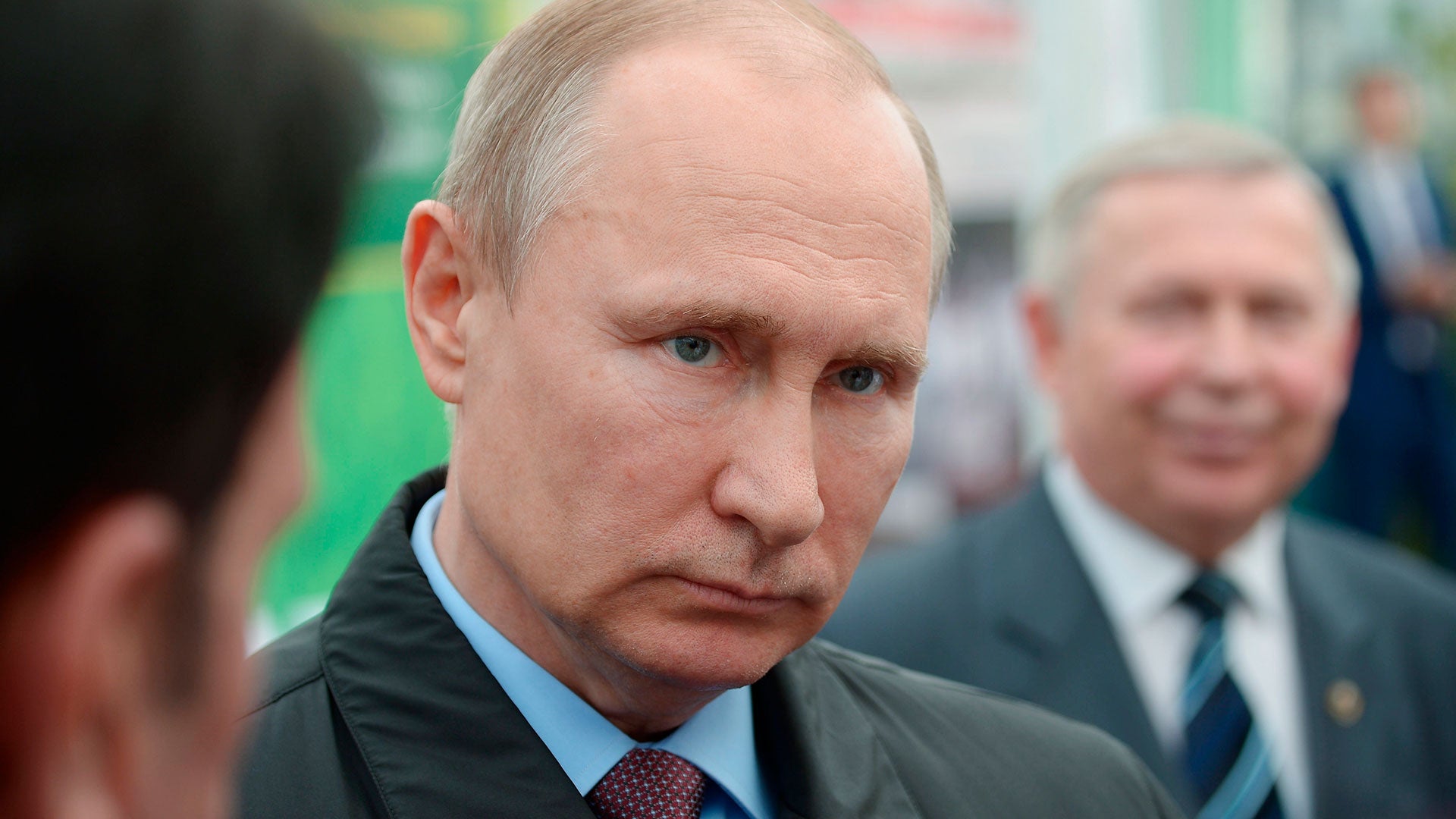
WASHINGTON – Will President Biden be able to prevent a Russian invasion of Ukraine? That’s the issue at hand today, Tuesday, as he and Russian leader Vladimir Putin meet over a high-stakes video call.
The United States is sending a clear message to Russia: Invade U.S. ally Ukraine and we will respond.
“What we’ve seen in recent weeks is a steady and unusual military buildup by the Russians along Ukraine’s borders,” said CIA Director William Burns.
In the meeting with Biden, Putin is expected to demand that Ukraine never joins NATO.
“I would never underestimate President Putin’s risk appetite on Ukraine,” warned Burns. “The President’s conversation is an opportunity to reinforce, to re-emphasize, you know, the costs of the use of force but to also emphasize of renewed military aggression, but to also emphasize the importance of de-escalation and a renewed effort at diplomacy.”
Satellite images show Russian troops amassed on Ukraine’s border with U.S. intelligence warning that Russia is planning an offensive early next year with 175,000 troops.
The White House says it’s considering a range of options if Putin invades, among them sanctions and providing more U.S. forces to Ukraine.
“We’ve consulted with our allies and believe we have a path forward that would impose significant and severe harm on the Russian economy,” said White House Press Secretary Jen Psaki.
Bradley Bowman with the Foundation for Defense of Democracies told CBN News the U.S. should prepare for the worst.
“It may be that only Putin knows what he’s going to do and he may not even know,” explained Bowman. “At a minimum, what he’s doing is clear, trying to use military power to get a diplomatic outcome.”
Meanwhile, it’s not just Russia the Biden administration is facing aggression from.
China is also building up its strength. The Wall Street Journal reports classified U.S. intelligence suggests it may establish its first permanent military base on the Atlantic Ocean on the west coast of Africa, a threat setting off alarm bells in Washington.
The Biden administration has additionally announced a diplomatic boycott of the Beijing Olympics to protest China’s human rights abuses, something China calls a “provocation.”
Iran is posing a threat too. So far re-started talks aimed at restoring the 2015 nuclear deal have failed and it doesn’t look like Iran will budge as the Iranians continue to provocatively accelerate their nuclear program.
For now, however, Russia’s potential move against Ukraine is the top concern.
In Washington, both parties are urging President Biden to take a firm stance against Vladimir Putin.
The remainder of this article is available in its entirety at CBN

